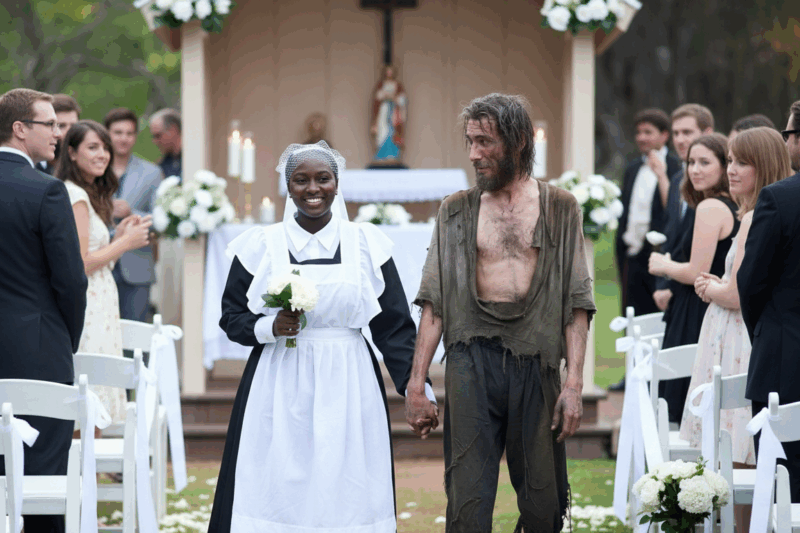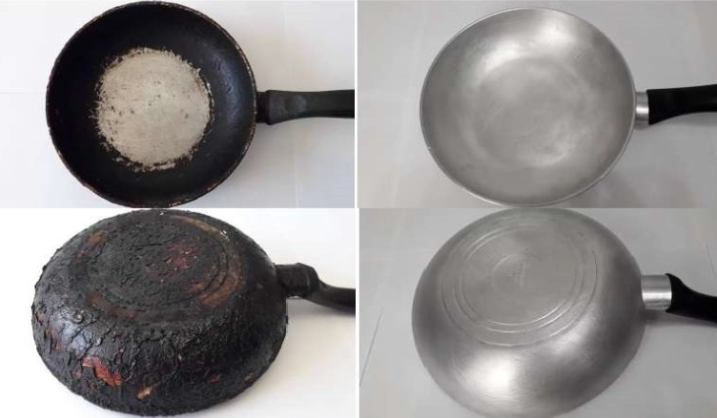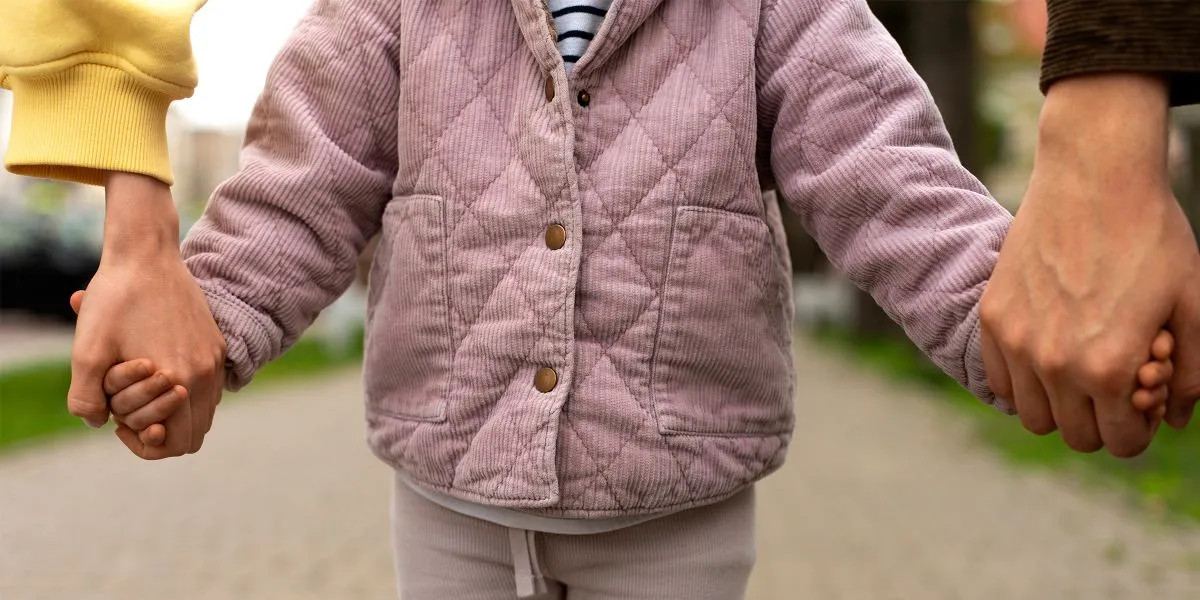It had woven itself into my daily rhythm, much like brushing my teeth or arranging my schoolbooks.
I knew, without a doubt, that when the final bell sounded, it wouldn’t be long before their figures appeared, waiting.
Liam, Trent, and Wes—three distinct expressions of the same pervasive cruelty.
They consistently loitered near the east gate, strategically positioned where teachers couldn’t observe them.
I no longer bothered attempting to avoid their presence.
I suppose a part of me held the belief that if I appeared unaffected, perhaps they would eventually grow bored and desist.
They never did.
Today, they deliberately knocked my lunchbox from my grasp, splattering peanut butter and jelly across the concrete sidewalk.
Then they erupted into laughter, as if witnessing a flawless comedy routine, and walked away, slapping high-fives with each other.
I sank onto the bench near the bike racks, feigning indifference to the situation.
But my hands were clenched so tightly that my fingernails painfully dug into my skin.
I stared fixedly at the blacktop, trying desperately to blink away the welling tears.
I silently reminded myself, You’re sixteen, not six. Don’t cry. Don’t give them that satisfaction.
That’s when I registered the sound of an engine.
It wasn’t like the typical buzzing scooters or the whiny mopeds some older seniors drove.
This sound was distinctly different—deeper, more resonant.
A low, rumbling snarl that seemed to vibrate through the very pavement beneath me.
I didn’t bother to lift my gaze.
I simply assumed it was someone merely passing by.
But it wasn’t.
The powerful sound abruptly ceased directly in front of me.
Then I heard the distinct impact of boots striking the ground.
Heavy ones.
The kind of sound that evoked images of chaotic bar fights and rough biker establishments.
I finally glanced up—and instantly froze.
He was absolutely massive.
Not just remarkably tall, but truly big in the imposing way a mature bear is big.
His bald head gleamed brightly under the afternoon sun, his beard resembled coarse steel wool, and his arms were heavily inked with intricate tattoos I couldn’t decipher.
A worn leather vest was draped over a simple black t-shirt, a heavy chain adorned his belt, and dark sunglasses were pushed up onto his forehead as if he’d just completed some gravely important task.
He looked like a man who had lived at least three tumultuous lives and had likely buried a few bodies in each one.
He then sat down beside me as if it were the most perfectly natural thing in the entire world.
Didn’t utter a single word.
He leaned forward, resting his powerful arms on his knees, meticulously scanning the street as if anticipating something.
Or someone.
I noticed the boys across the street—my regular tormentors.
They had resumed their mocking laughter.
Trent pointed directly at me, then cupped his hands around his mouth as if preparing to shout something particularly cruel.
But he never got the chance to utter a sound.
The biker slowly stood up.
He didn’t move with any discernible haste.
He didn’t even speak a word.
He simply stood, rising like a formidable mountain emerging from the earth, and fixed his gaze upon them.
That was it.
Something in the way he looked—utterly calm, meticulously measured, as if he could utterly destroy you but had no need to—made their laughter abruptly catch in their throats.
Trent slowly lowered his cupped hands.
Wes instinctively took a hesitant step backward.
Liam whispered something quickly, and then, without another syllable, they abruptly turned and hurried away down the street, their previous bravado completely gone.
The biker quietly sat back down next to me.
“That should buy you a few days,” he rumbled.
His voice was incredibly deep and scratchy, like coarse gravel being agitated in a blender.
Still, an unexpected gentleness embedded within it.
I stared at him, bewildered. “Why’d you help me?”
He looked over at me for the very first time.
His eyes were pale blue, almost metallic silver in their intensity.
“Because once, I was you.”
He reached deliberately into the pocket of his leather vest and pulled out a battered, well-worn wallet.
Tucked securely inside was a faded photograph of two young kids on a dirt bike—one of them bore a striking resemblance to me.
“And because I made a promise to your dad before he died.”
My stomach churned with a sudden, overwhelming wave of emotion.
“You… you knew my dad?” I asked, my voice barely audible.
But he was already rising to his feet, heading towards his formidable motorcycle.
That’s when I saw it—expertly stitched into the worn leather on the back of his vest, positioned just above an embroidered eagle clutching a chain: “In memory of Gabriel Strickland.”
My dad’s full name.
My heart thudded relentlessly in my chest as he rode away, the roaring engine completely drowning out my rapidly swirling thoughts.
The following Monday, I waited anxiously on the bench, uncertain if he would truly appear again.
But at precisely 3:17 PM, there he was.
Same powerful bike, same imposing presence, like some formidable guardian angel with oil-stained boots.
He didn’t say much that day, or the next day either.
He simply sat silently with me.
After a while, I started talking—about school, the unfair way other kids acted like being different was some kind of contagious disease, how incredibly difficult it was to feel utterly invisible yet still be singled out for torment.
Sometimes he would emit a low grunt of acknowledgment.
Sometimes he would let out a quiet laugh.
Eventually, I gathered my courage and asked his name.
“People call me Goose,” he said with a dismissive shrug.
“Used to be worse.”
I laughed harder than I had in weeks.
Days smoothly transitioned into weeks.
Goose steadily became an ingrained part of my routine, as the bullying once had been.
Except now, things were fundamentally different.
The boys never returned to bother me.
I believe Goose had unnerved them so profoundly that they would rather risk detention than approach me.
Even some teachers began to notice the change.
One of them cautiously inquired if that “man on the bike” was my uncle.
“I guess,” I replied.
“Something like that, yes.”
But I couldn’t stop thinking about what he’d said—about my dad.
One afternoon, I brought the subject up again.
“You said you made a promise to him.
Before he died.
What kind of promise was it?”
Goose hesitated noticeably.
For the very first time, he looked genuinely unsure of himself.
Then he pulled out the same faded photograph.
This time, he gently allowed me to hold it.
The boy who looked so much like me?
That was indeed my dad.
“We were fourteen years old.
We ran away from a group home in Akron.
We survived on stolen cans of ravioli and nurtured dreams of building our own motorcycles.”
I blinked, astonished.
“My dad never told me any of that.”
“He wouldn’t have.
Gabe deeply wanted to leave that part of his life behind.
He got fostered by a truly great couple.
I didn’t.
I spent significantly more time in juvie than I ever did in school.”
I carefully handed the photograph back to him.
“So what exactly was the promise?”
Goose rubbed the back of his neck, a sign of contemplation.
“He got terribly sick.
Cancer.
I visited him near the very end of his life.
He said—‘If anything ever happens to me, make absolutely sure my kid never feels alone like we did.’”
I swallowed hard, a lump forming in my throat.
“He knew he was dying?”
“Yeah,” Goose said quietly, his voice tinged with sadness.
“But he didn’t shed a single tear.
He held my hand firmly and made me swear that promise.”
He stood, as he consistently did before departing.
But before he fully left, he turned back towards me.
“You’ve got more of him in you than you realize.
Don’t be afraid to let people into your life.”
I didn’t cry until his motorcycle had disappeared from view.
Senior year arrived remarkably fast.
So did the daunting college applications.
I started tutoring underclassmen, enthusiastically joined the robotics club, and bravely stood up for a freshman who was being harassed.
I figured Goose would have thoroughly approved of my actions.
I saw him less frequently, but he always faithfully returned.
On my birthdays, during holidays.
Occasionally out of the blue.
Sometimes just a brief text message: “Still got your back. – G”
Eventually, I learned to ride a motorcycle myself.
Last summer, I rode with him to a bustling bike rally upstate.
It was the first time I witnessed Goose truly smile without any hesitation whatsoever.
He said it felt profoundly like passing the torch.
That night, gathered around a crackling campfire, surrounded by gleaming chrome and worn old leather, I recounted the entire story—about the bench, the relentless bullies, and the solemn promise.
A woman nearby leaned over and softly whispered, “You’re incredibly lucky.
Most people don’t get to experience their guardian angel in real life.”
I smiled gently.
“He’s not an angel.
He’s Goose.”
So now, every May 10th—my dad’s birthday—I ride to that same familiar school bench.
I sit there for a while, even if no one else appears.
Just in case some other kid needs to feel truly seen and understood.
Because once, I was them.
And I made a promise of my own.




